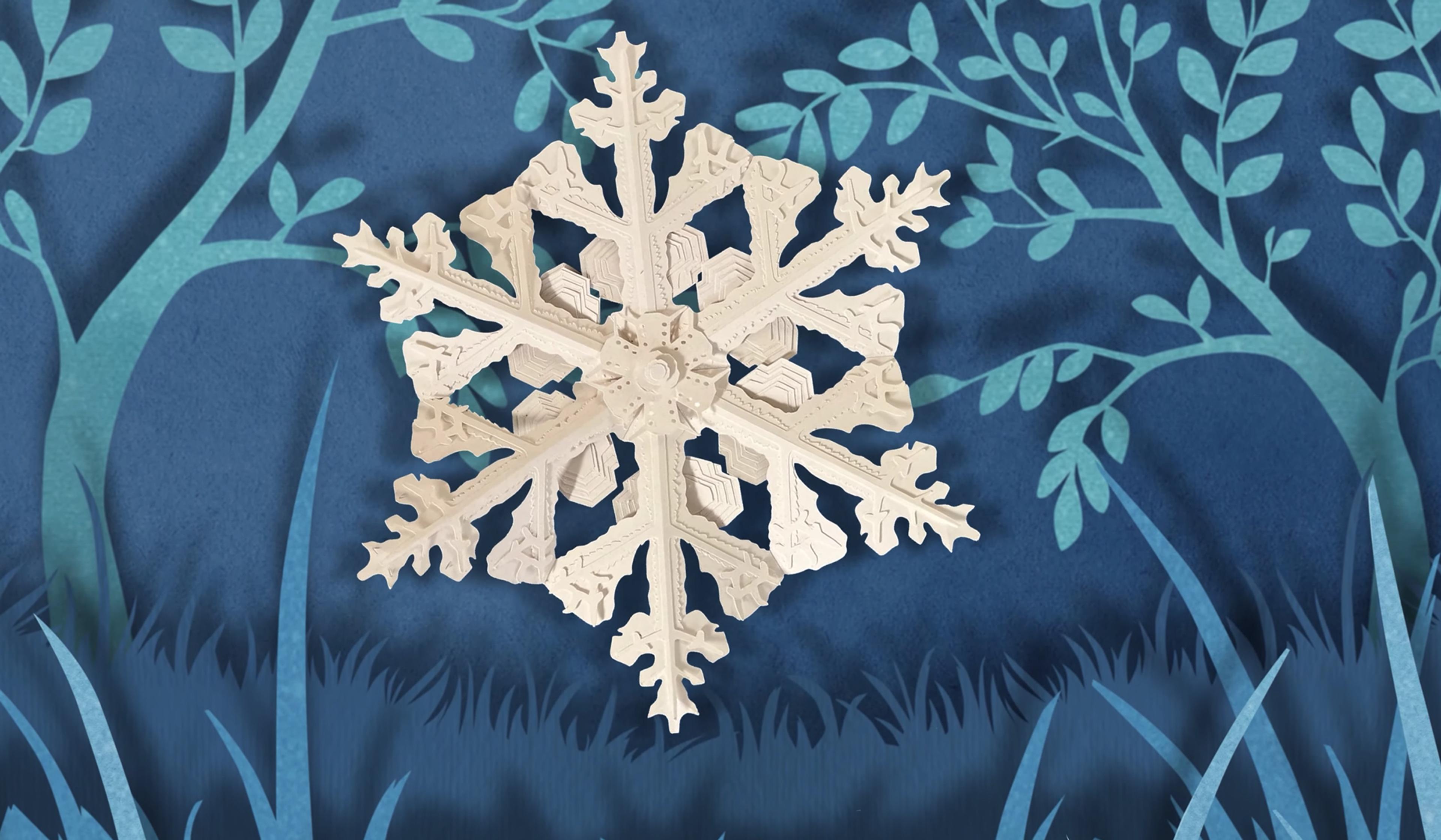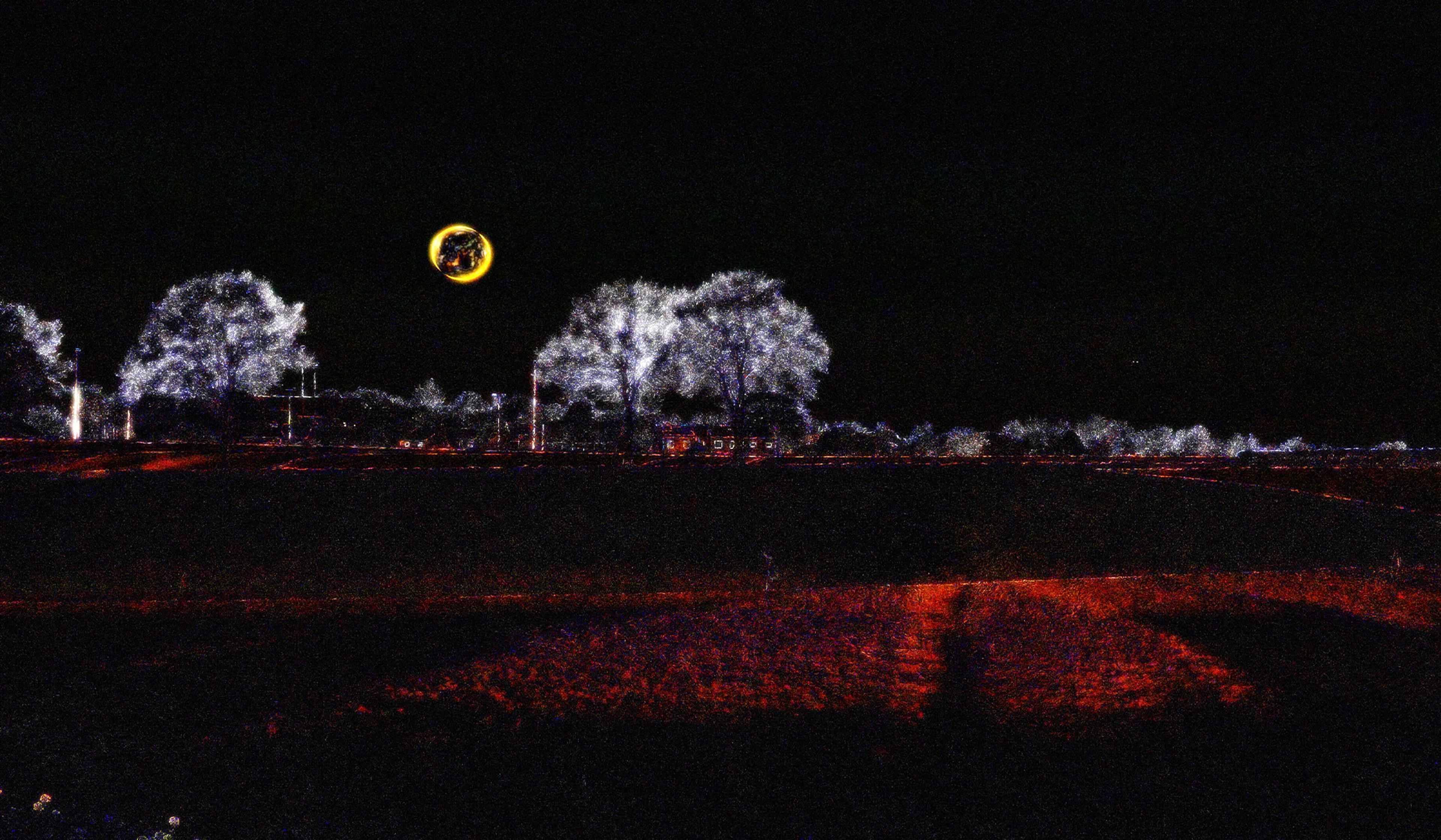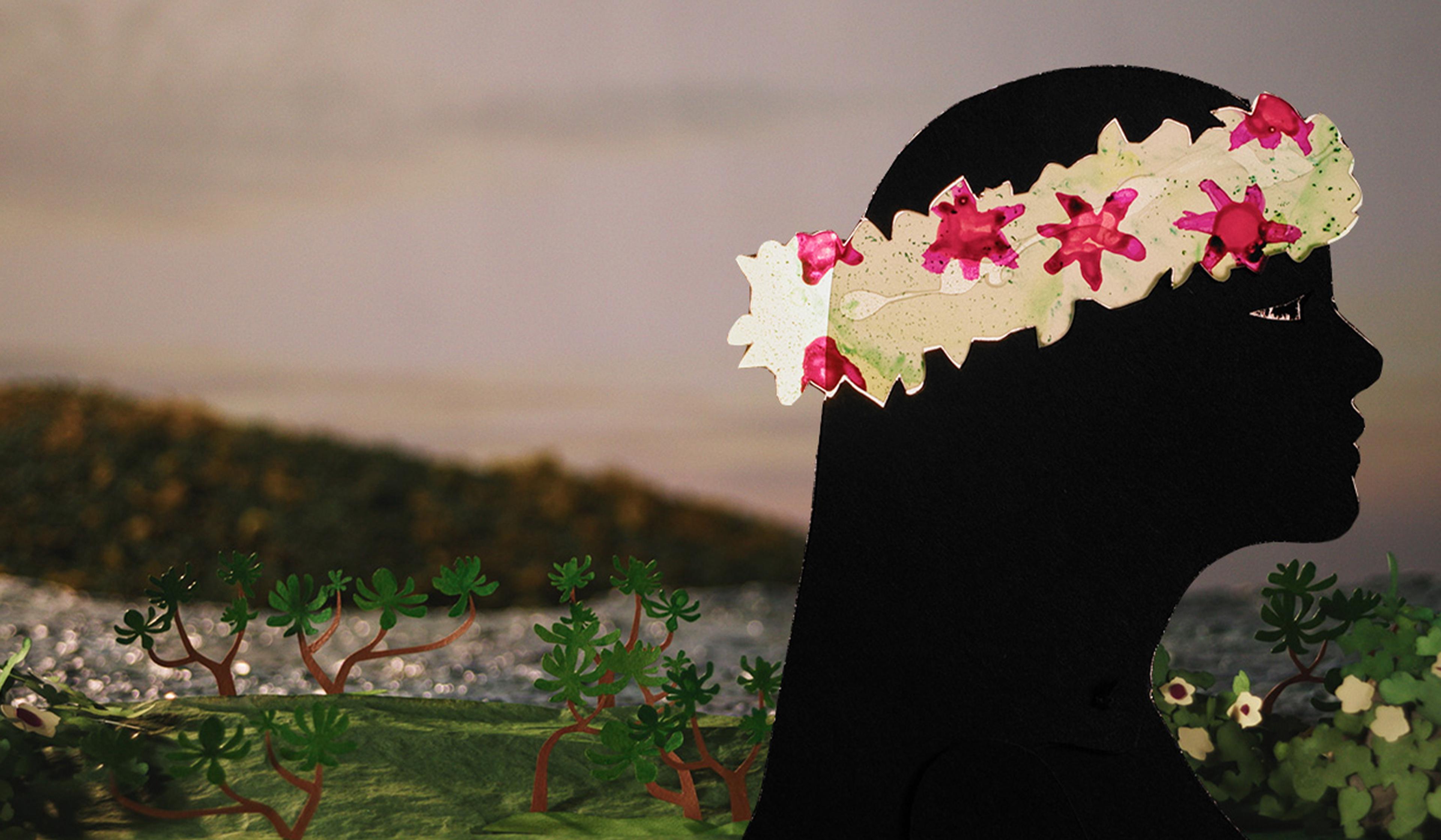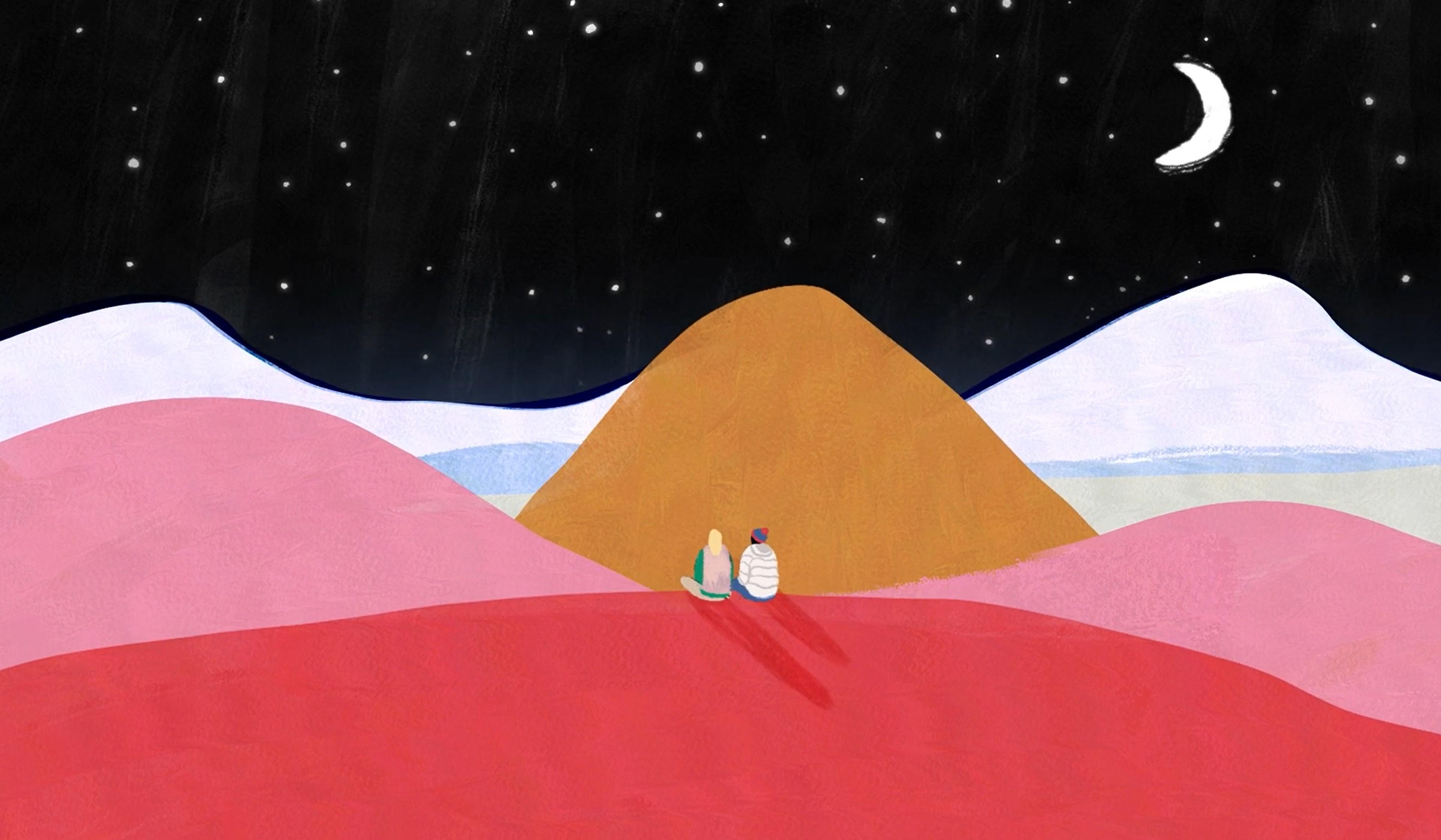Aeon Video has a monthly newsletter!
Get curated editors’ picks, peeks behind the scenes, film recommendations and more.
Will life-forms that can go a century without water save crops from droughts?
Scientists are becoming increasingly determined to find viable, sustainable ways to locate, save and recycle water. One search has led scientists to Tortula ruralis, a moss group capable of surviving as long as 100 years without water. During dry periods, these mosses stop photosynthesising and write a set of genetic instructions so they can spring back to life as soon as a water source returns. Similarly resilient are the microscopic creatures known as rotifers that live inside the moss. Scientists hope they might be able to borrow from the rotifers’ genetic code to engineer crops that could repair themselves after a dry spell.
Producer: Gabriela Quirós
Website: Deep Look

video
Meaning and the good life
Why strive? Stephen Fry reads Nick Cave’s letter on the threat of computed creativity
5 minutes

video
Physics
Find the building blocks of nature within a single, humble snowflake
4 minutes

video
Physics
Why the golden age of total solar eclipses is already behind us
5 minutes

video
Film and visual culture
An augmented-reality filter reveals the hidden movements all around us
7 minutes

video
Film and visual culture
Stop-motion origami unfurls in a playful exploration of how senses overlap
3 minutes

video
Ecology and environmental sciences
The ancient Hawaiian myth that sparked a modern ecological breakthrough
10 minutes

video
Computing and artificial intelligence
A scientist’s poor eyesight helped fuel a revolution in computer ‘vision’
9 minutes

video
Ageing and death
Demystifying death – a palliative care specialist’s practical guide to life’s end
4 minutes

video
Future of technology
Is this the future of space travel? Take a luxury ‘cruise’ across the solar system
6 minutes